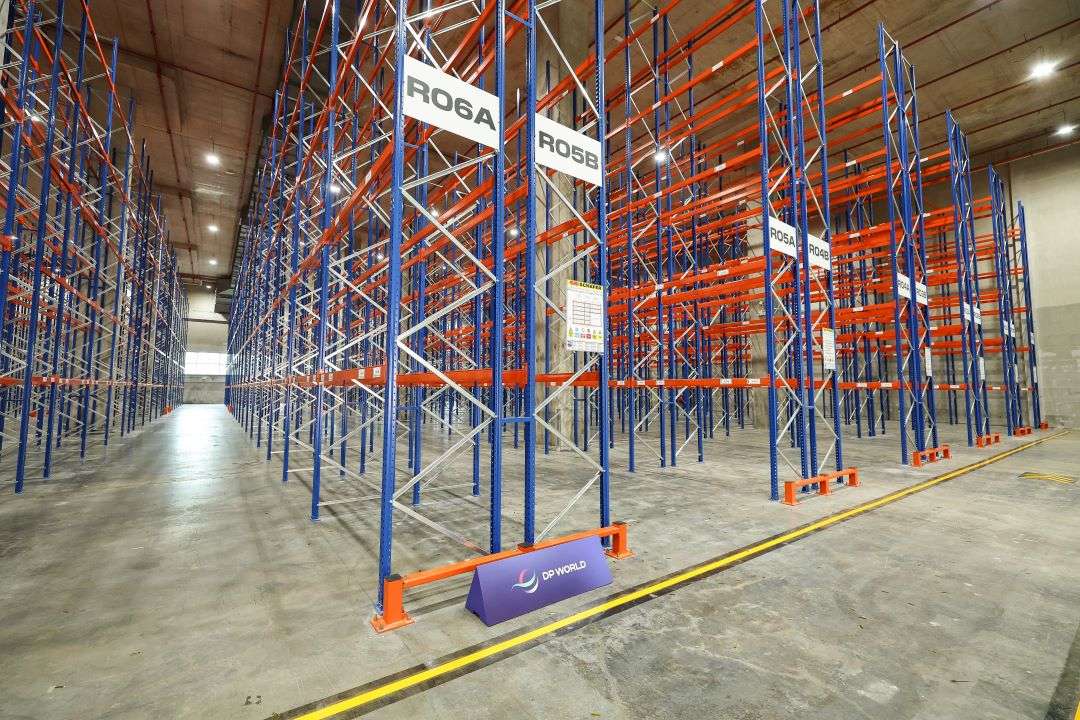DP World sourced 65 percent of its total electricity consumption from renewable energy sources during 2024, according to the company’s latest Sustainability Report released today. The report documents the company’s environmental and social performance, highlighting $1.17 billion allocated to green and low-carbon infrastructure projects. These investments form part of broader efforts across sustainable finance, environmental management, and community development.
In October 2024, DP World published its first Green Sukuk Impact and Allocation Report, detailing how $1.17 billion of a $1.5 billion issuance in 2023 was allocated to projects such as low-emission infrastructure, fleet electrification, and deployment of renewable energy technologies.
Additionally, the company issued a $100 million Blue Bond—reportedly the first of its kind by a corporate entity in Central and Eastern Europe, the Middle East, and Africa—to support maritime sustainability initiatives. These include projects in marine transport, port infrastructure, pollution reduction, and environmental restoration. The company also reported a $15.1 million investment in global initiatives related to education, skills training, and infrastructure development in its operational communities.
DP World’s Group Chairman and CEO, Sultan Ahmed bin Sulayem, stated that the report documents measurable outcomes tied to environmental and social priorities, emphasizing renewable energy integration, terminal electrification, and the issuance of sustainability-linked financial instruments.
The report also presents updates on the company’s Environmental, Social, and Governance (ESG) framework. DP World became the first corporate globally to issue a Sustainable Development Impact Disclosure Report across five countries. ESG performance ratings were reported to have improved across agencies including MSCI and EcoVadis. Prepared in accordance with Global Reporting Initiative (GRI) standards, the report incorporates decarbonization targets validated by the Science Based Targets initiative (SBTi) and aligns climate-related disclosures with the IFRS S2 Climate standard.







